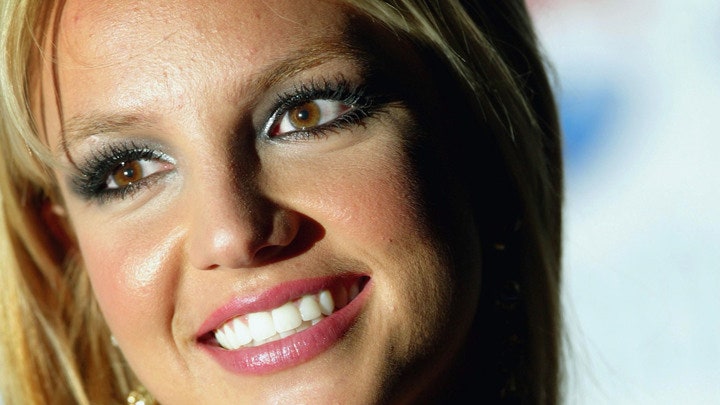When teen Spears is questioned by Daly about her sexy schoolgirl outfits (wholesome, when you consider how routinely other interviewers asked her about her tits), she sounds like any normal teen whose parents don’t want them to leave the house wearing eyeliner. “All I did was tie up my shirt!” she says. “I’m wearing a sports bra under it. Sure, I’m wearing thigh-highs, but kids wear those—it’s the style. Have you seen MTV—all those (women) in thongs?”
Even though her brand was endorsed by adult male record executives, it was also adult men who then punished her for it. “I was never quite sure,” she writes, “what all these critics thought I was supposed to be doing—a Bob Dylan impression? I was a teenage girl from the south. I signed my name with a heart, I liked looking cute. Why did everyone treat me, even when I was a teenager, like I was dangerous?”
We tend to think she lost that All American Girl status when she started losing her mind, but from my seat, after reading The Woman In Me, that part of her story makes her more like us than ever. What woman wouldn’t go insane, given the circumstances? All of the harmful gender dynamics that defined the early aughts happened to not-famous girls and women too. I’ll never forget the first time I was sexualized by an adult man as a child; it wasn’t pleasant, but it also wasn’t recorded on TV and presented as cute. In The Woman in Me, Spears remembers appearing on Star Search, where host Ed MacMahon asked her, “You have the most adorable, pretty eyes—do you have a boyfriend?” She was ten at the time.
The inability to be free, to be yourself, to feel like you’re enough, is the great feminine problem. It’s humbling to know that the most famous pop star of her generation doesn’t get to rise above that, either. Even her dating history is somewhat sympathetic—an older guy with a girlfriend creepily sneaks into her house to kiss her when she’s in high school; another guy cheats on her (Justin Timberlake) and then makes critically-acclaimed art about how actually he was wronged; a predatory scumbag (Kevin Federline) cons her when she needs love most.
The best and most devastating parts of the book come when Spears pulls back from the details of what happened, diving into her emotions and taking her power back. It’s strongest when she explains the female rage behind the decision to shave her head, a move that was mocked and ridiculed in pop culture for decades.
“Shaving my head was a way of saying to the world: Fuck You. You want me to be pretty for you? Fuck you. You want me to be good for you? Fuck you. You want me to be your dream girl? Fuck you. I’d been the good girl for years, I’d smiled politely while TV show hosts leered at my breasts, while American parents said I was destroying their children by wearing a crop top, while executives patted my hand condescendingly and second guessed my career choices even though I’d sold millions of records, while my family acted like I was evil. I was sick of it.”
We’re fucking sick of it too, Britney. That’s why we’re buying your book.



